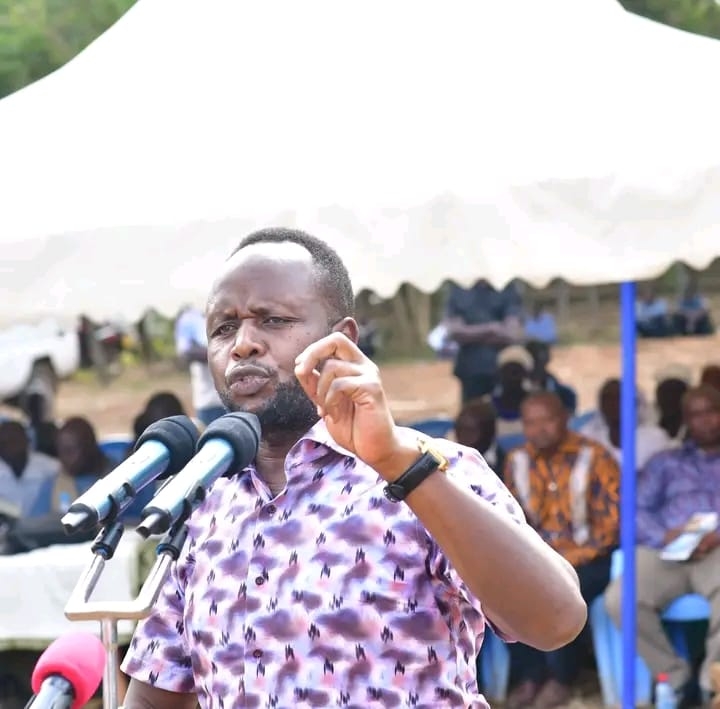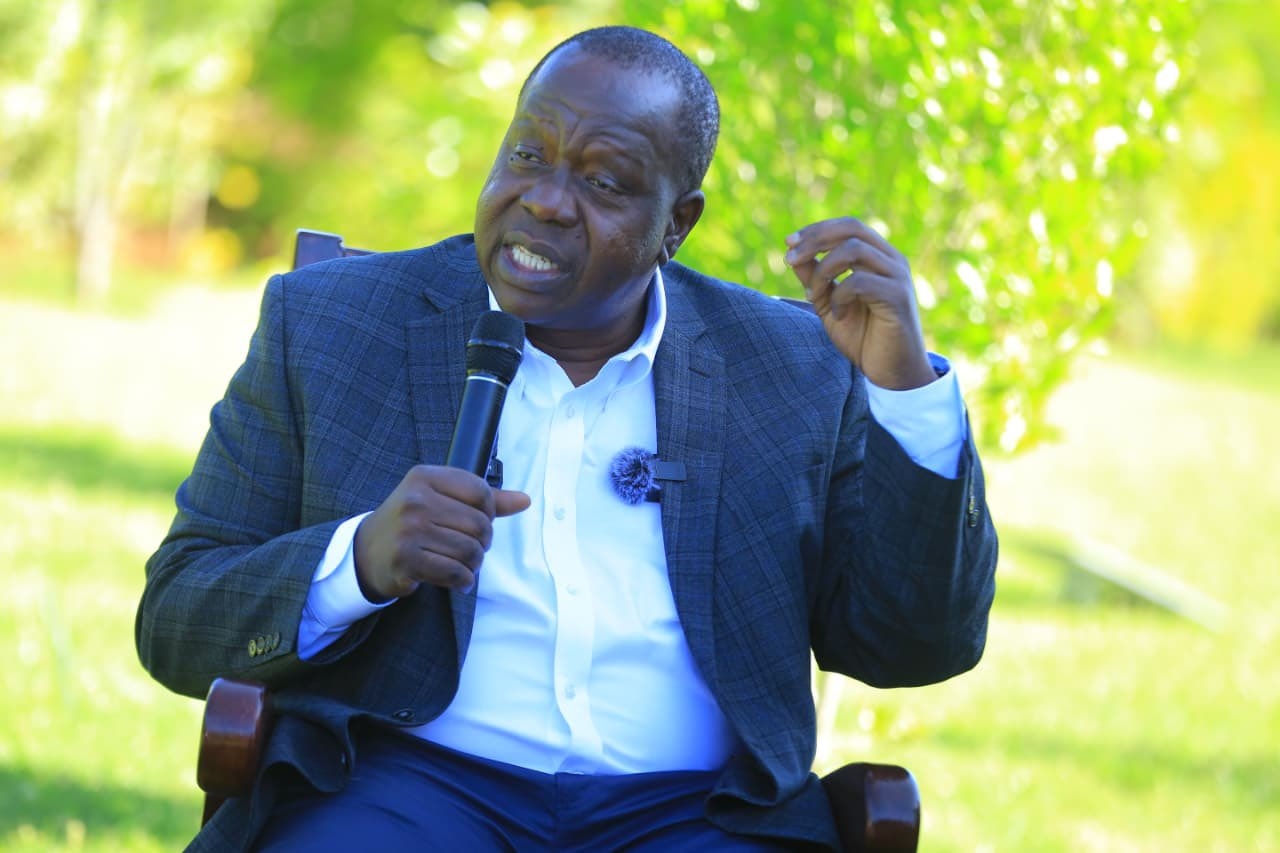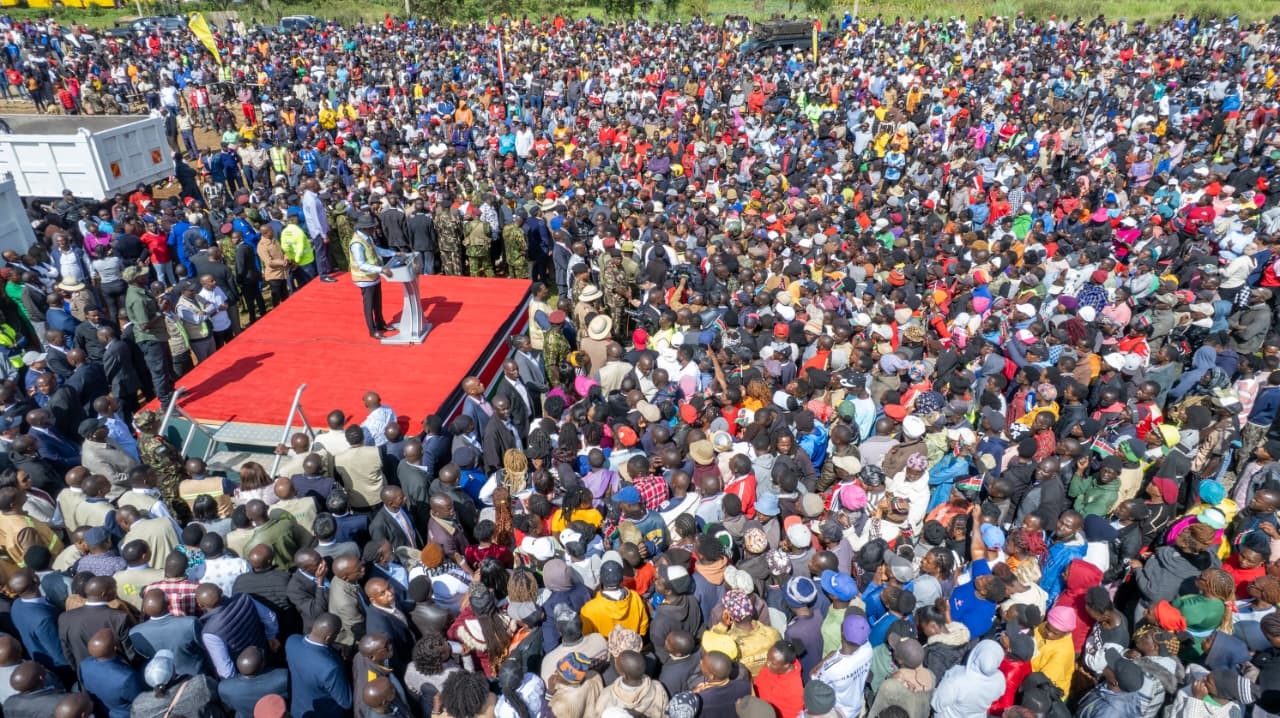The
Oxford English Dictionary defines patriotism as “love of or devotion to one's
country”. But what does it mean in our Constitution (Article 10) and to whom who
does it apply?
Is
it problematic?
I have tended to view the concept of patriotism with some reservation. I had long conversations with university friends about it. The then fairly recent World War II may have been a factor in our attitudes.
The damage done by nationalism
was only too clear. And what really was the difference between patriotism and
nationalism? (As the author of a book in 1836 wrote of patriotism, “Too often [it
is] the hatred of other countries disguised as the love of our own.”)
That
one of us was Jewish, whose family had migrated to England after her father –
remarkably – had been released from the Nazi concentration camp, Dachau, could
only have reinforced our perceptions.
And
the way in which, say, football patriotism, can all too easily deteriorate into
football violence – treating other fans not just as friendly rivals but as enemies
⸻ also casts doubt on the assumed benign nature of patriotism.
How
do readers feel when they hear talk, for example of MAGA – Make America Great
Again?
The
eminent 18th Century political thinker and writer Samuel Johnson once famously
said, “Patriotism is the last refuge of a scoundrel.”
Apparently, however, Dr Johnson was speaking of a particular politician whom he despised. He wrote a good deal about patriotism – good and bad patriotism, you might say.
For example, "A patriot is he whose publick conduct is regulated by one
single motive, the love of his country; who, as an agent in parliament, has,
for himself, neither hope nor fear, neither kindness nor resentment, but refers
everything to the common interest."
How
did patriotism get into the Constitution?
The
2002 draft constitution did not use the word. During the Bomas National
Constitutional Conference the Committee on Culture said, “… there should be
development of the people in the communication, transmission and development of
their Culture. Some other Articles usually add patriotism but we did not put
that it has its own problems.”
However,
the final Bomas draft said, “The State shall – (a) promote national unity and develop the commitment of all citizens
to the spirit of nationhood and patriotism.”
The
second Committee of Experts’ draft retained the idea of that commitment of
citizens, but removed the clear obligation of State organs, State officers, etc,
to promote the commitment. That is the final position in the Constitution.
So
now that Article does not so much envisage state bodies encouraging patriotism
in the public. It demands that state and public officers reach patriotic
decisions. Though every person must also be patriotic if they apply the Constitution
or law, or make or apply any public policy decision, this is relatively rare
for those not in the public sector.
How
is it actually used?
Governments like to use “patriotism.” It is used, I suggest, to give legitimacy to what government has been doing. President Uhuru Kenyatta (or whoever wrote his State of the Nation Addresses) was particularly fond of this.
In his 2019 address the word appeared 34 times. Patriotism was promoted by various award ceremonies, facilitating participation at the EAC Jua Kali Nguvu Kazi, strengthening co-curricular activities through championships, competitions and festivals in drama, music, sports, and essay writing, in showcasing tourist attractions, KRA sensitising tax clubs in high schools and universities, sensitising citizens in interactive barazas on patriotism.
The ‘Buy Kenya Build Kenya’ initiative
through purchase of local products and services was more a manifestation of public
patriotism.
Interestingly
President William Ruto in his 2023 State of the Nation address last year, took
a completely different approach and did not use instilling patriotism as a way
of highlighting what his government had done.
Other
state bodies also use patriotism to appeal for support. In 2008 the Ethics and Anti-Corruption
Commission issued a guide titled “Rekindling the Spirit of Patriotism”. They
gave examples of patriotic behaviour, including, naturally, “fighting
corruption”.
The state officer most strongly committed to this concept was probably the former Chief Justice Mutunga. His particular aim was to develop “robust patriotic and indigenous jurisprudence”. In a 2012 lecture, he said, “Patriotism involves putting love of country above love of self.
For a
Judge it does not mean putting country above justice. I conceive that it requires
the judge to develop the law in a way that responds to the needs of the people
and to the national interest.” This is genuinely about state officers being
patriotic.
The politician’s view that it is for us as citizens to be educated into patriotism is also seen in some Acts of Parliament. The Basic Education Act says that it should be about (among many other things) fostering “the spirit and sense of patriotism”.
Similarly, the National Youth Service must “instil in
members of the Service, a tradition of patriotism;” Sports Kenya must do
the same and political parties must “promote national patriotism”.
One thing patriotism should not mean is a belief in supporting “Our country, right or wrong”. Still more to accept that “our country” means “our government”.
The EACC included in its list of patriotic behaviour “Speaking well of our country” and “Defending our country at all times”. These come too close to equating government and country.
It reflects the sort of attitude of those who accuse people or organisations who spill the beans about the shortcomings, especially of government, on the international stage of being “unpatriotic”.
Just as we are
moving towards protecting whistle blowers against violators of human rights or
law at the national level, we should accept whistleblowing at the international
level.
I
do not believe that Prof Mutunga means that judges’ (or anyone else’s) decisions
must always favour the country as against perhaps those of Uganda, Tanzania or
Egypt. In the end, it is not in the national interest for law or other decisions
to favour the home country, if that is unfair.
One
fascinating parallel between the 18 Century and today is that people opposed to
government, particularly the monarchy, often claimed they were patriotic.
Johnson, though not a republican, did not deny that those against government
might be motivated by patriotism.
And
in Kenya it is surely the ordinary citizens, notably many of the young
anti-government protesters, who have among the strongest claims to be genuinely
patriotic.
The
National Commission on Cohesion and Integration is perhaps the most frequent public
sector user of the concept – not surprisingly. It focuses particularly on
boosting citizens’ patriotism. But the
greatest want of true patriotism is surely among politicians.
Conflicting
patriotisms?
The Constitution, of course, has as a central vision “national unity”. But at the same time, it encourages people to take pride in their more local cultures and communities.
However, surely we cannot be true pan-Africanists, or members of
the East African Community, if we think our country is better and more
deserving than other countries and their people, or a true national patriot if
we believe “our” people deserve better than “them” – other communities.
I
apologise for ending close to where I began with statements about patriotism
from England.
Edith
Cavell was a British nurse who worked in Belgium, and returned to that country
knowingly when invasion from Germany threatened. She treated casualties from
both sides, and helped British, French and Belgian soldiers to escape from
Belgium. For this she was tried and then shot (legally) by Germany.
The
relevance of this is that on her statue in London you will see a statement she
made before she was shot, “"Patriotism is not enough. I must have no
hatred or bitterness towards anyone.
I
would suggest that we should include “or be guilty of unfairness towards them”.


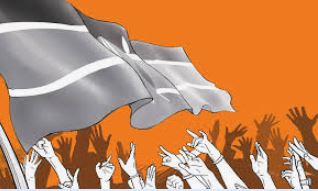


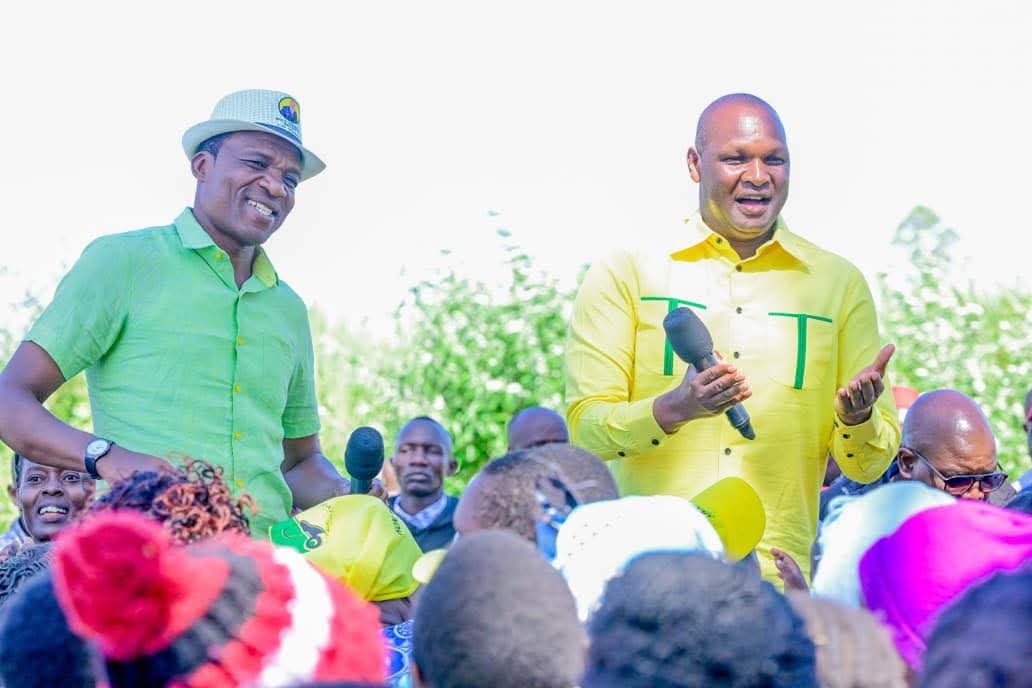



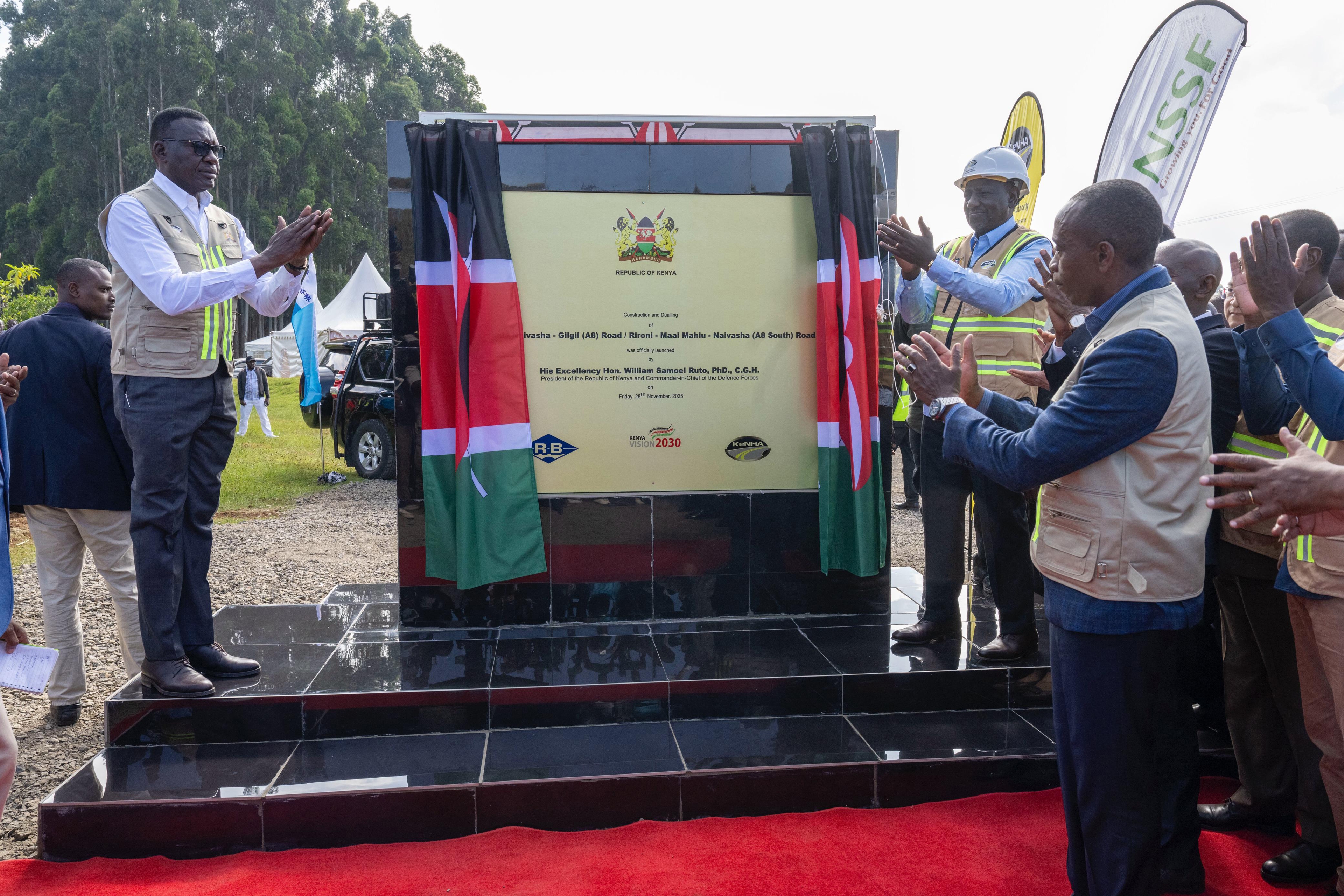

![[PHOTOS] Ruto launches Rironi-Mau Summit road](/_next/image?url=https%3A%2F%2Fcdn.radioafrica.digital%2Fimage%2F2025%2F11%2F6f6601a6-9bec-4bfc-932e-635b7982daf2.jpg&w=3840&q=100)
